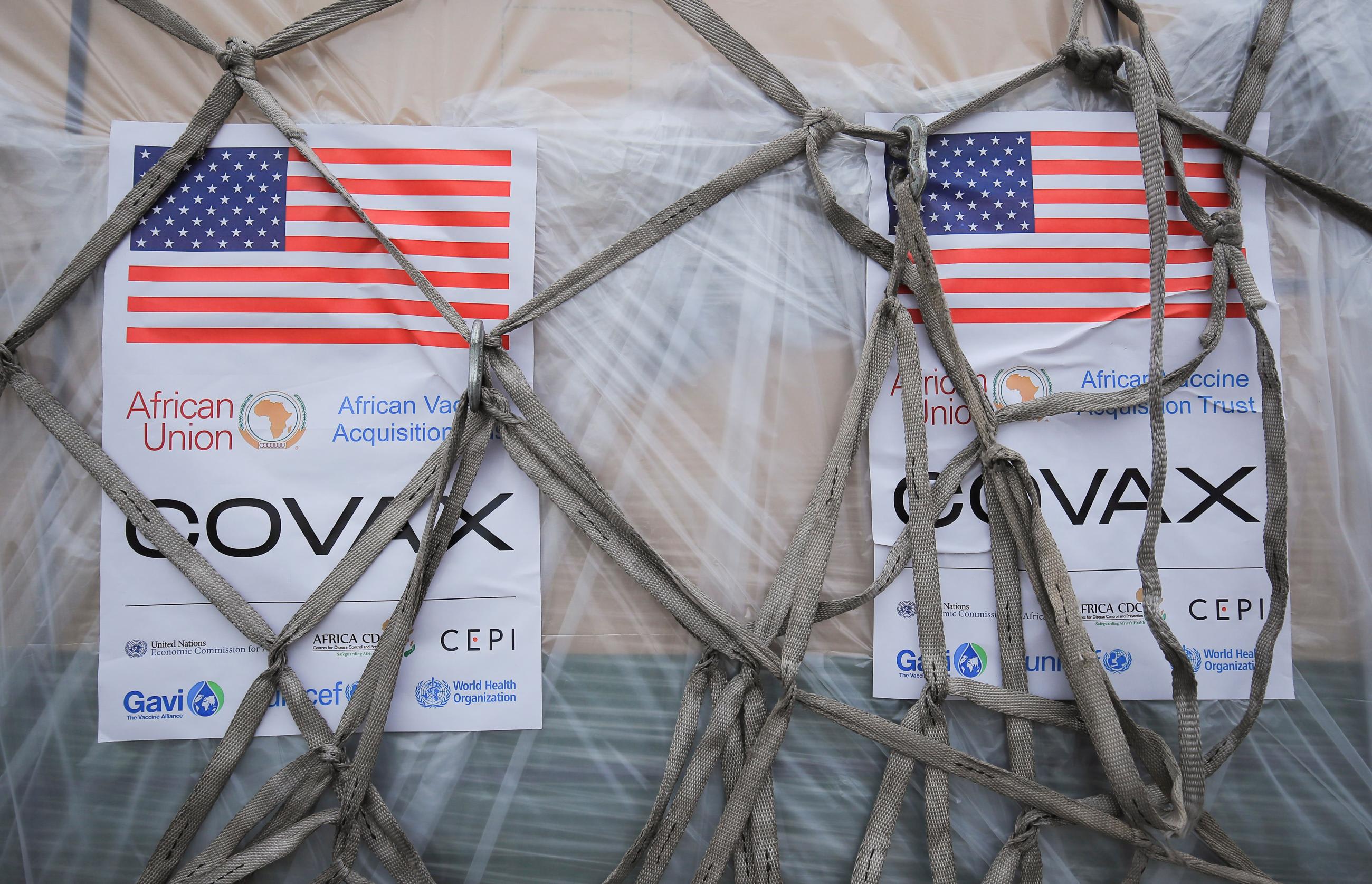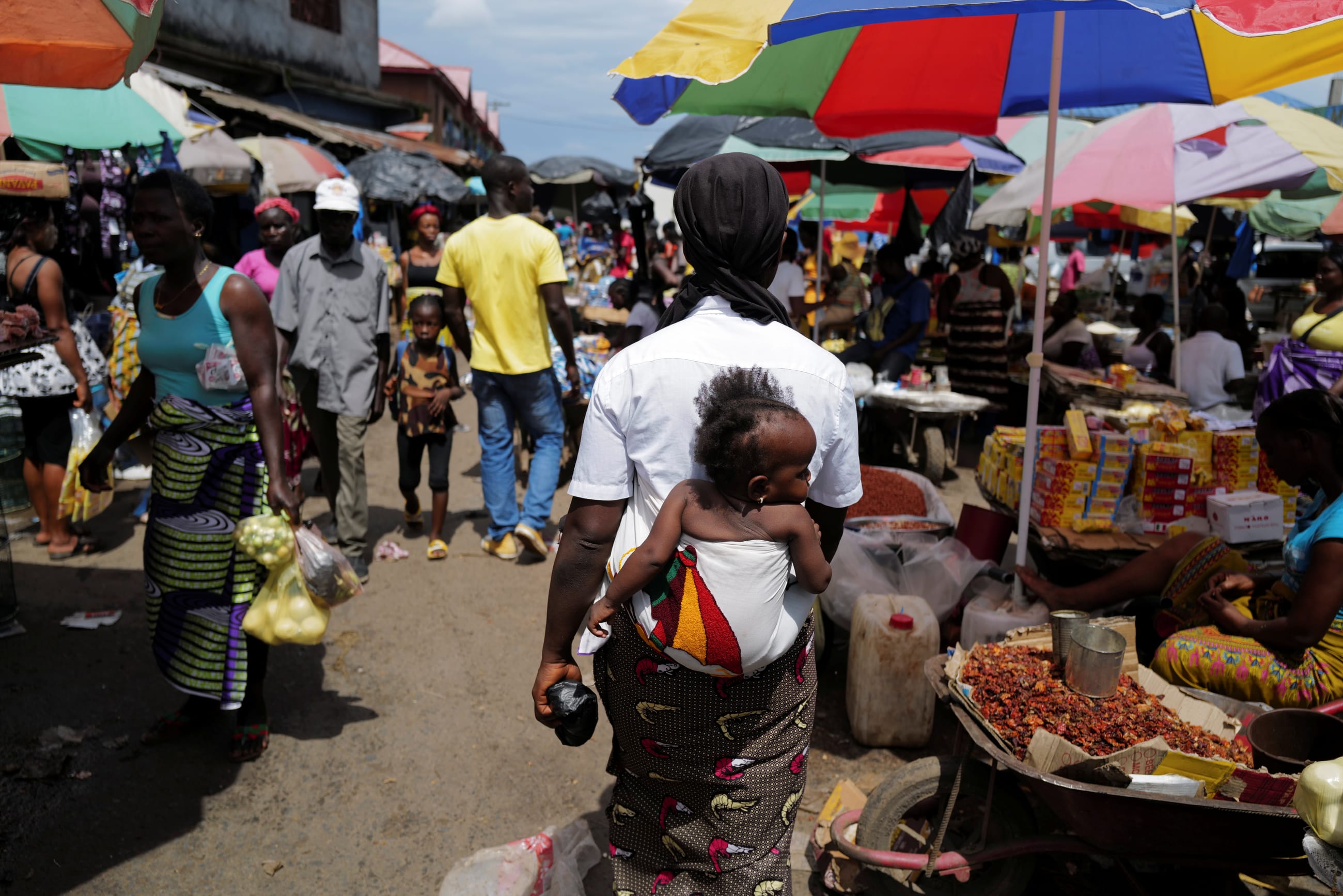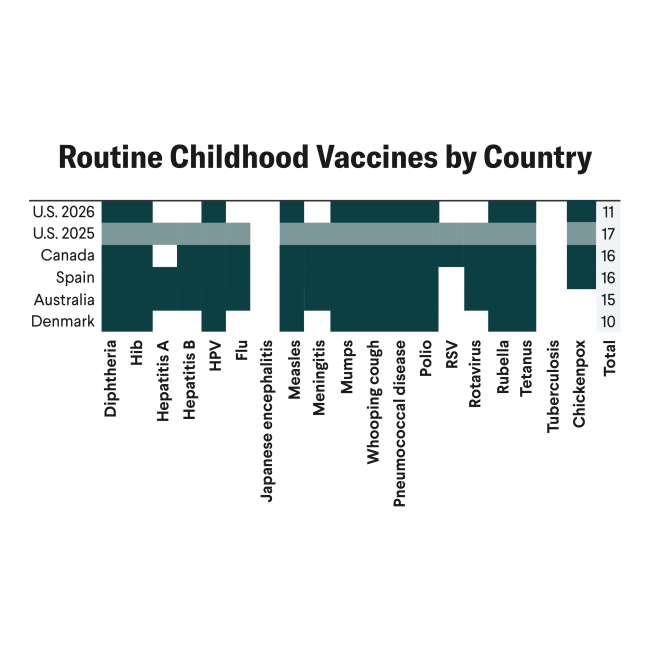Global health security has become a prominent policy issue following the widespread deleterious effects of the COVID-19 pandemic on society. In addition, the emergence and rapid spread of the new virulent clade of mpox in Africa and elsewhere underscore the ongoing challenges in global pandemic response and preparedness. Mpox's swift spread beyond its traditional endemic regions highlights the importance of vigilance and robust health systems capable of adapting to new threats. This evolving scenario reignites discussions on how to strengthen global cooperation and response strategies, drawing lessons from past and current pandemics.
At the June 2024 Global Health Security Conference in Sydney, leaders and experts from around the world gathered to review the latest research and policy innovations in global health. The conference provided an opportunity to reflect on the progress made by local health systems while identifying gaps and opportunities for improvement. Discussions ranged from strengthening the global health architecture to enhancing the ability of communities and primary health-care systems to respond effectively to outbreaks.
The conference also featured discussions on lessons learned from countries that faced exceptional challenges to their health systems during the Ebola and COVID-19 pandemics, such as Liberia. Liberia's success in achieving high COVID-19 vaccination rates can inform policymakers in low- or middle-income countries on how to prepare their health systems for disease outbreaks and public health emergencies—as they continue to raise domestic and global financing to strengthen their pandemic prevention, preparedness, and response.
Highlights from Liberia's COVID-19 Response
Despite being one of the world's least developed countries, having a health expenditure per capita of $112 in 2021, Liberia fully vaccinated 81% of its population by November 2022, up from just 22% in February of that year.
After Liberia recorded its first COVID-19 case in March 2020, the viral disease spread across all of its 15 counties. Although the country had low fatality rates, vaccination efforts were initially hindered by community resistance, hesitancy, and mistrust. The government, using the National Incident Management System, responded by prioritizing high-risk groups in its capital, Monrovia—though the rollout started slowly due to those challenges and limited county involvement. In early 2022, the vaccination campaign was expanded to include children ages 12 through 17, starting with schools in Montserrado County and gradually extending to all counties.
Liberia's high COVID-19 vaccination coverage is a testament to the power of innovative and customized approaches in responding to outbreaks. It also demonstrates how effective public health campaigns can yield excellent results in tight fiscal environments. Liberia's achievements can be summarized in five key lessons.
1. Local Communities: Essential in Advancing Public Health
Leveraging experiences from the Ebola outbreak, Liberia deployed effective community health strategies to address the COVID-19 pandemic. This proactive stance not only curbed the spread of the coronavirus but also built trust within communities. In one village, a respected elder organized a COVID-19 vaccination day for eligible adults, leveraging established community networks to improve vaccine acceptability. By relying on their influence and trust within the community, those leaders were able to enhance vaccine uptake.
Bringing vaccines directly to people's homes also contributed to increased uptake. Mobile vaccination units were deployed in hard-to-reach areas and remote villages, allowing people to get vaccinated without having to travel long distances. The county health teams and the community used a data-driven approach to identify and designate the sites to increase the number of vaccine delivery points. This plan helped more accurately estimate needed resources for deploying the vaccines in districts and communities. This approach demonstrated the vaccination outreach's commitment to reaching everyone regardless of their location.
A critical lesson from Liberia's COVID-19 outbreak response that can be applied to other countries is the importance of bottom-up planning. It begins with identifying the needs and concerns at the facility and community levels, leveraging local experts such as community health workers and local leaders to gather and understand these needs. The next crucial step occurs when regional and national authorities listen to this community feedback and incorporate it into planning and budgeting processes. Following this approach, Liberia designed strategies to address the specific needs of different areas, whether remote, urban, or peri-urban, thereby avoiding a one-size-fits-all, top-down planning model.
2. Performance-Based Financing and Targeted Support Early Delivery
As a low-income country, Liberia benefited from external funding for its COVID-19 response. This happened first through quick reallocation of approved health system strengthening funding in April 2021, followed by additional COVAX Early Bird COVID-19 Delivery Support (CDS). COVAX/Gavi required countries to submit proposals outlining the type of support needed to deliver vaccines, such as funding for transport, health-care worker payments, and demand-generation efforts such as radio advertisements or community promotions. COVAX/Gavi reviewed these requests against specific criteria and approved the funding. The organization streamlined its requirements and approval processes—which were similar to Gavi's regular grant support—during the pandemic to enable quicker approvals and disbursements.
Disbursed in August 2021, the CDS allowed for the timely deployment of vaccines, procurement of cold chain equipment, training of vaccination teams and supervisors, and for health promotion initiatives targeted at vaccine hesitancy. Those efforts bolstered the fight against COVID-19 and set the pace for attracting additional resources to Liberia from other donors, such as the U.S. Agency for International Development (USAID), UNICEF, World Health Organization (WHO), and the World Bank.
A key lesson is the importance of linking accountability with positive incentives that recognize the crucial role of community health workers
Liberia developed and operationalized an evidence-driven performance-based system that links vaccination targets to key funding milestones. This performance-based approach incentivized local primary health-care centers to exceed their targets. The timely provision of operational funds and payment of allowances ensured that teams could operate smoothly and focus on delivering vaccines. Health-care workers were also more motivated to administer vaccines, knowing that they would be properly compensated
A key lesson is the importance of linking accountability with positive incentives that recognize the crucial role of community health workers. By improving the measurement of facility-level performance and offering financial rewards for good performance, local health-care workers and leaders are more motivated to deliver quality care and remain in their roles. These rewards also provide the necessary support to overcome challenges.
Sometimes these incentives can be as simple as providing rain boots for health–care workers who work barefoot during the rainy season or motorbikes to reach remote villages.
3. Strong National and Subnational Health Systems Governance
Strong political leadership played a crucial role in the success of vaccination drives. The Special Presidential Advisory Committee on COVID-19 (SPACCO) established by former President George Weah, with involvement from major political figures including former President Ellen Johnson Sirleaf, then Vice President Joseph Boakai, leaders and members of the legislature, and county superintendents. SPACCO was established with the sole purpose of demonstrating political coordination at the highest level of the government. Its roles included resource mobilization, the enforcement of health advisories, and increasing confidence among citizens.
Several county superintendents also championed the cause, often leading by example. In one instance, a superintendent in Nimba County took the vaccine and engaged the citizenry who came through for their vaccination. His commitment not only inspired trust but also highlighted the importance of vaccination, contributing to a significant increase in local participation.
A key lesson here is that strong political support for COVID-19 immunization was crucial because people are more likely to respond to leaders who lead by example rather than simply issuing directives. This approach helped build trust during a period when misinformation was widespread.
4. Vaccine Innovation and Efficient Last-Mile Delivery
Liberia received its first batch of COVID-19 vaccines from COVAX on March 5, 2021, consisting of 96,000 doses of AstraZeneca vaccine, which required two injections scheduled eight weeks apart. Initially, the uptake was slow, and many people did not return for the second dose.
On July 25, 2021, the U.S. government donated 300,000 doses of the single-dose Johnson & Johnson COVID-19 vaccine. This vaccine eliminated the need for repeat visits and improved completion rates. Additionally, to ensure that the campaign reached all age groups, WHO Liberia also assisted the Ministry of Health in partnering with the educational sector to inform parents that the Pfizer vaccine was available for children aged 12 and older. Liberia also received COVID-19 vaccines from the African Vaccine Acquisition Trust.
Ensuring a steady supply of vaccines was vital, especially in southeastern counties prone to frequent shortages. Innovative transportation methods, such as airlifting vaccines, were implemented to overcome logistical challenges. This proactive approach minimized supply chain disruptions and allowed vaccination teams to work without interruption, ensuring that everyone had the chance to get vaccinated. A key lesson learned is the importance of aligning innovation with on-the-ground needs through a bottom-up approach. In hard-to-reach areas, where delivering multiple vaccine doses is challenging, the transition to the single-dose Johnson & Johnson vaccine proved highly effective.
5. Leveraging Data, Tracking Performance, and Course Correction
Data-driven strategies such as microplanning have been instrumental to identifying, monitoring, and improving vaccination efforts. By mapping communities and setting specific district and team vaccination targets, teams could closely monitor their performance. The immunization program used health microplanning to identify areas with low vaccination rates.
Doing so allowed their efforts to focus on those specific areas, applying targeted interventions and adjusting strategies in real time. The use of data ensured that no community was left behind and corrective measures were timely and effective. A key lesson learned is that knowing the target population and their locations is crucial to success.
This underscores the need for high-quality data to implement targeted interventions effectively. Investing in data quality is therefore critical for both routine immunization programs and outbreak response efforts.

ACKNOWLEDGEMENTS: The authors thank the Ministry of Health in Liberia, COVAX partners, and other bilateral partners.












